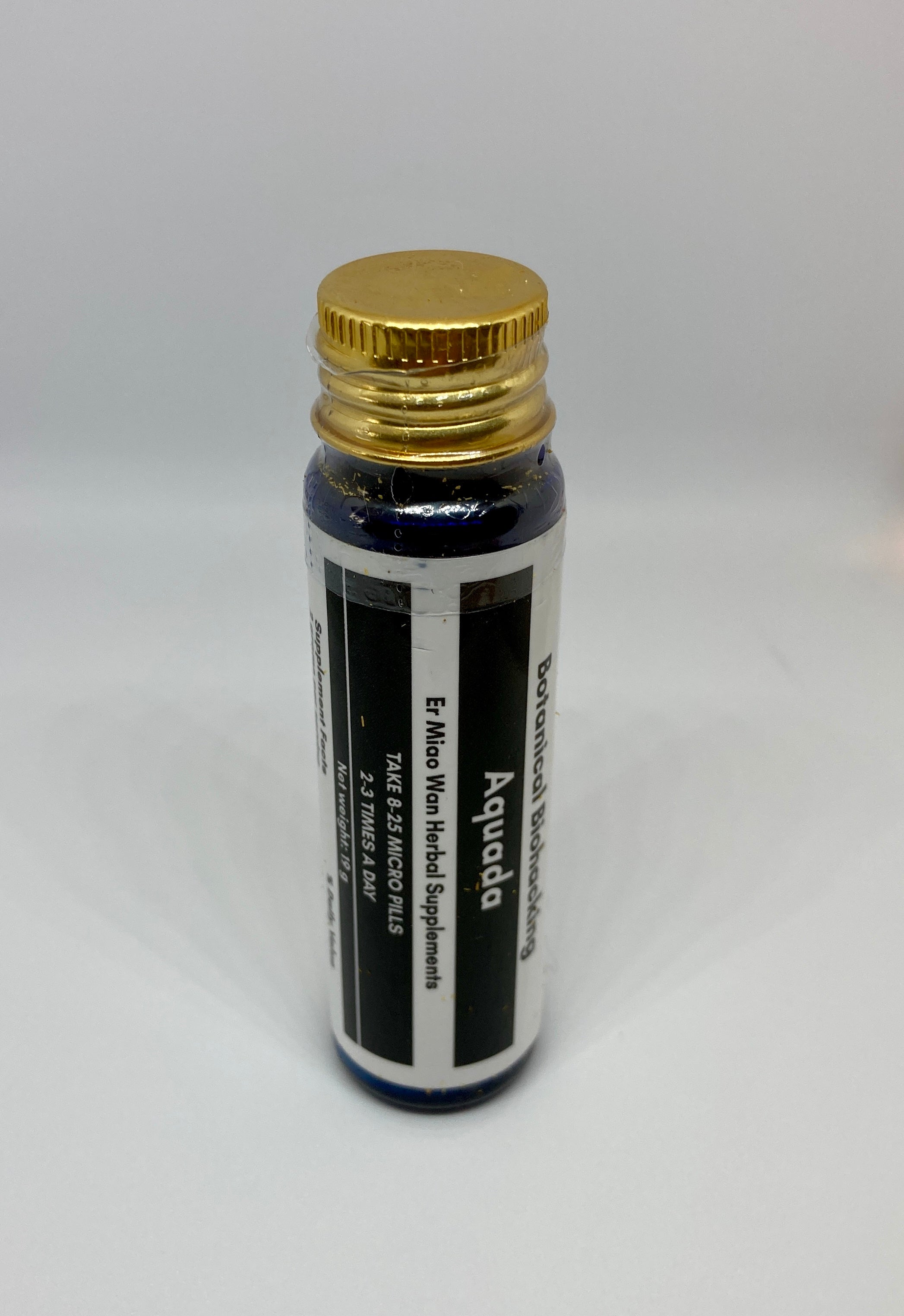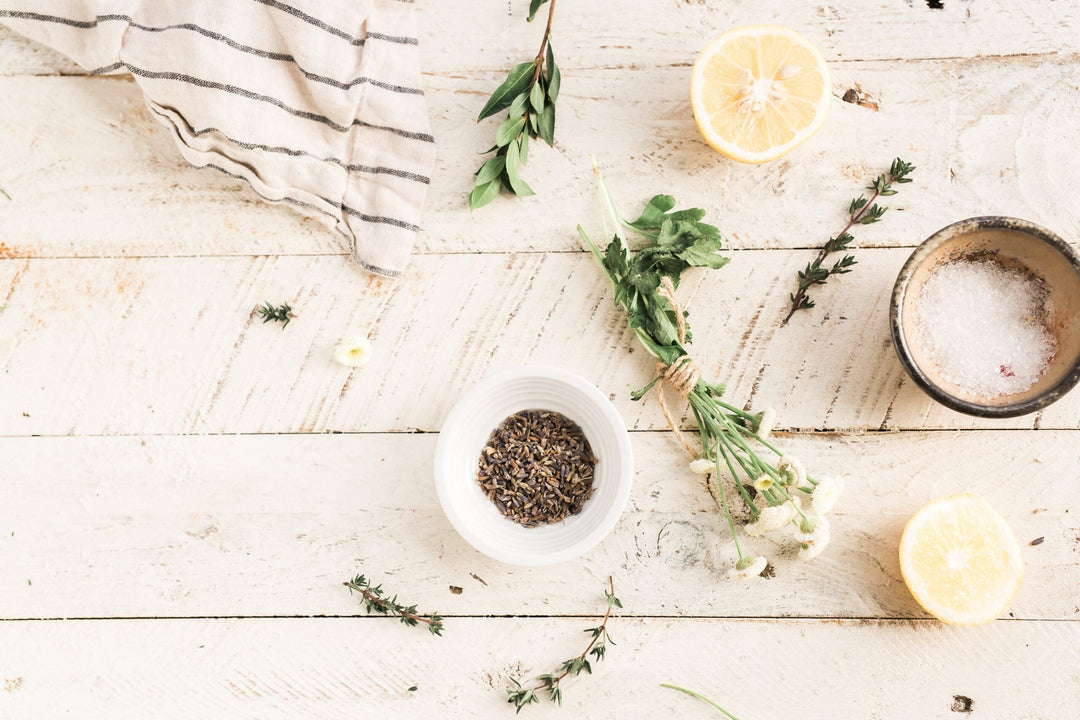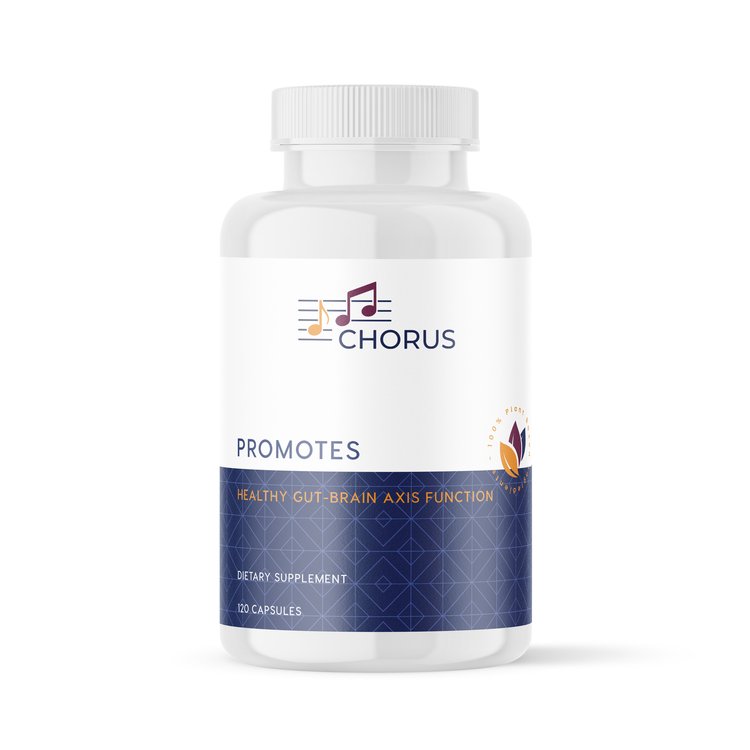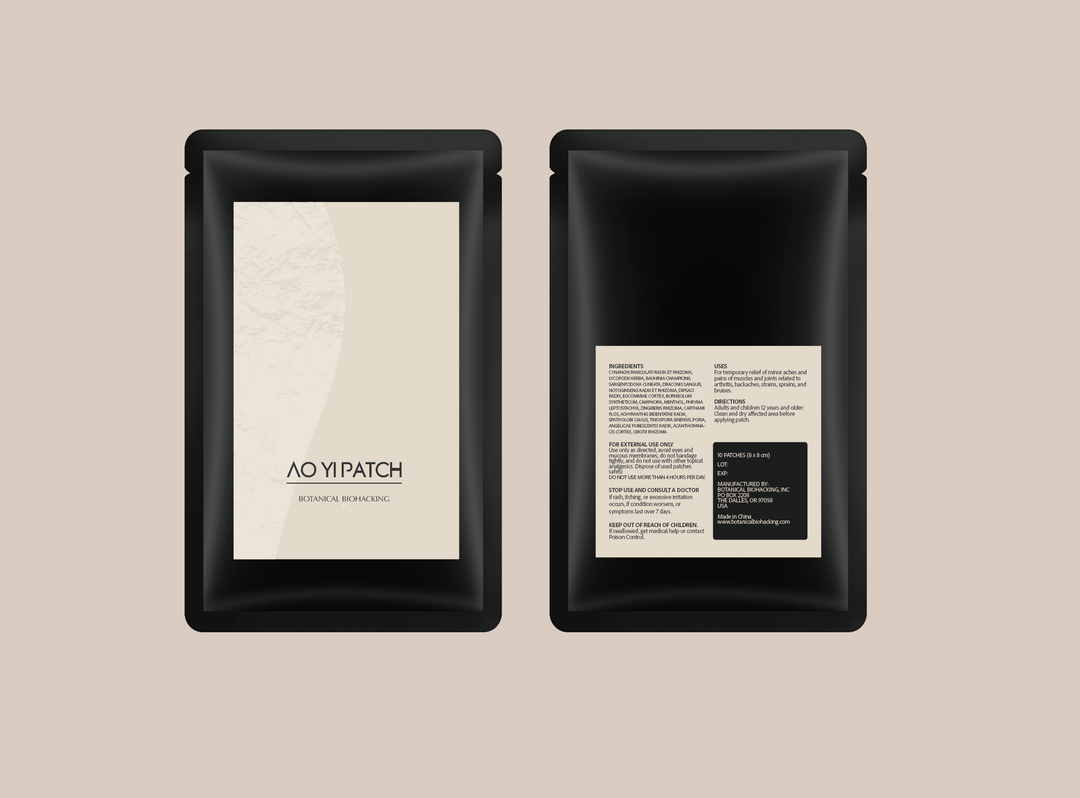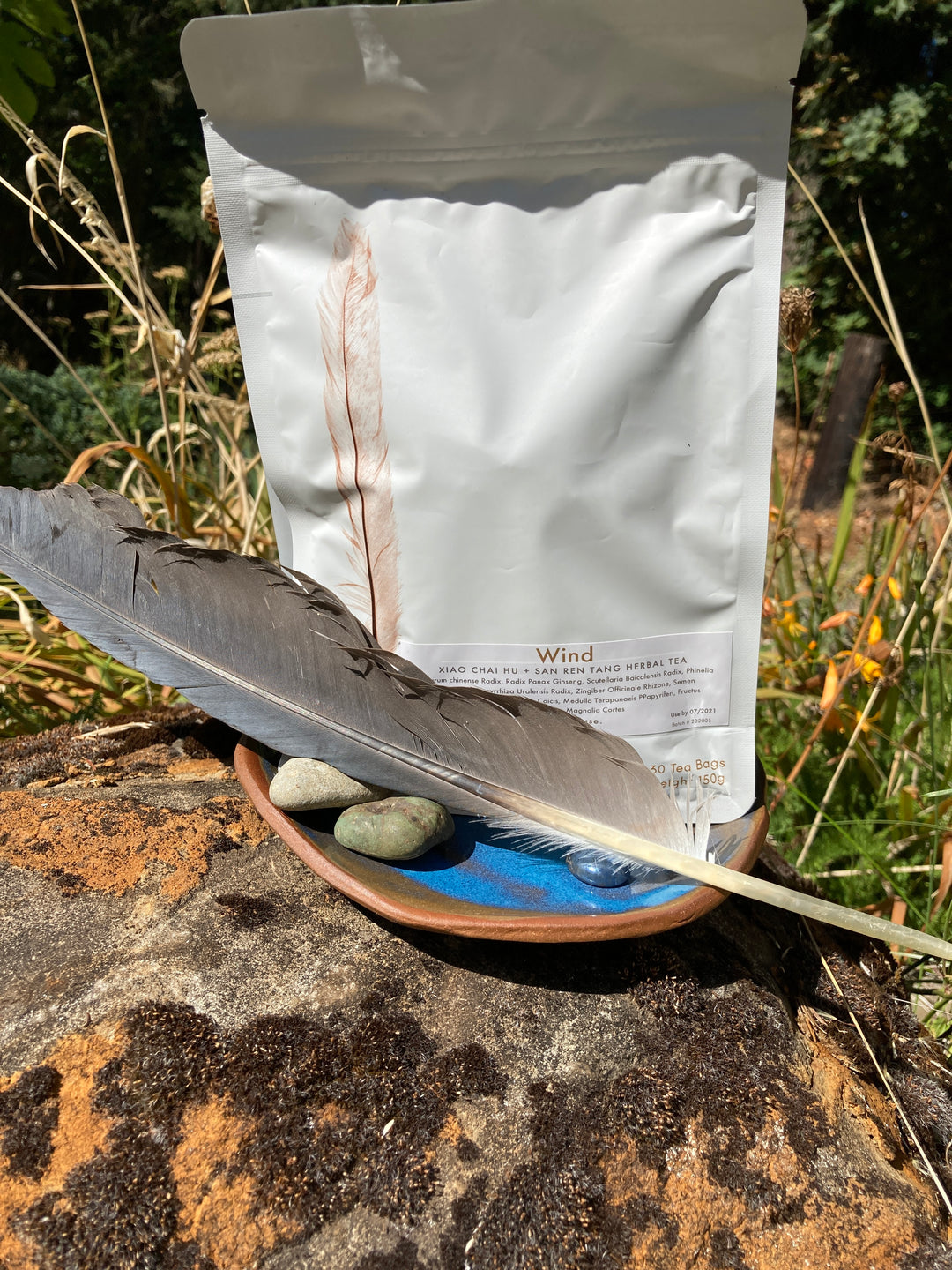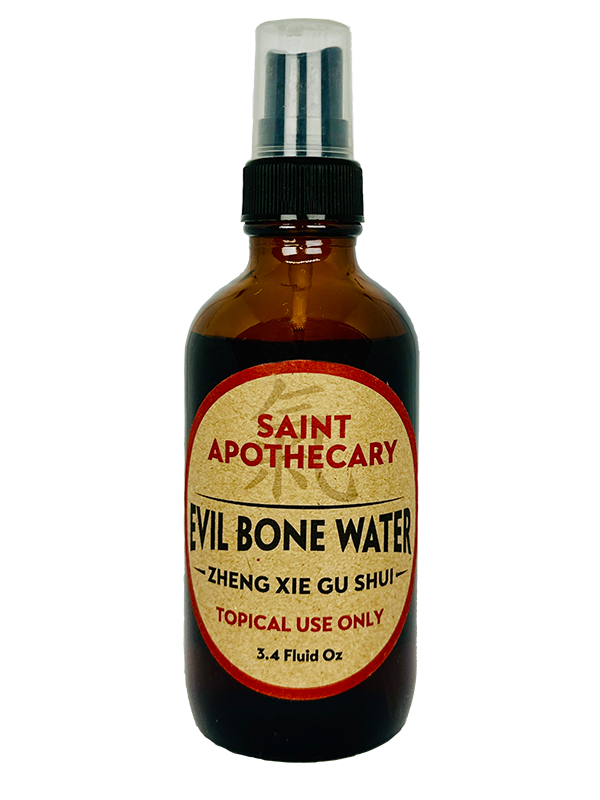SIBO and Heart Health
Explore the potential of Chinese herbal remedies to improve SIBO and enhance heart health. Uncover the intricate relationship between the two through a Chinese medicine perspective. Learn about the digestive relief offered by ginger and citrus peel, and the heart-boosting properties of Poria mushroom and hawthorn.
Quick Links to the Sections Below
- SIBO and Cardiovascular Problems
- The Heart-Small Intestine Connection
- Case Study
- Herbal Solutions for Small Intestine Health
- Herbal Solutions for Heart Health
- There is Hope
SIBO and Cardiovascular Problems
Recent research has unveiled a surprising connection: SIBO, an overgrowth of bacteria in the small intestine, may have a significant impact on our hearts. How can bacteria in our gut affect our cardiovascular system? Our gut houses a diverse community of microbes known as the gut microbiome, which plays a pivotal role in maintaining our overall well-being. These friendly microbes help digest food, synthesize essential nutrients, and even influence our immune system. Now, when SIBO enters the picture, it disrupts this delicate balance. It has been linked to a higher risk of cardiovascular issues, especially in heart failure patients. But why is this the case? Well, SIBO can alter our gut's microbiome in ways that reduce the production of vitamin K2, a crucial nutrient for heart and bone health. This drop in vitamin K2 levels, in turn, can contribute to arterial calcification and subclinical atherosclerosis, both early signs of cardiovascular problems. So, addressing SIBO isn't just about gut health; it's about safeguarding your heart too.
The Heart-Small Intestine Connection
In Traditional Chinese Medicine, the profound relationship between the Heart and Small Intestine has been acknowledged for centuries. This deep connection stems from the belief that disharmony in one organ can profoundly influence the other. For example, emotional turmoil such as stress or heartache can manifest physically, leading to gastrointestinal discomfort, including abdominal pain, bloating, and digestive disturbances.
Moreover, the Small Intestine plays a pivotal role in the digestive process by discerning the valuable from waste, ensuring that the body receives vital nutrients while efficiently eliminating unneeded substances. This wisdom harmonizes with our contemporary understanding of how Small Intestinal Bacterial Overgrowth (SIBO) can disrupt this delicate equilibrium, adversely affecting the cardiovascular system through altered nutrient absorption and the synthesis of essential compounds like vitamin K2. The synergy between traditional insights and modern discoveries underscores the intricate connections between our bodily systems and the importance of addressing imbalances for overall well-being.
Case Study
@crawford_wellness #greenscreen #sibo #polypharmacy #diarrhea #medicationsideeffects #dampdisease #traditionalchinesemedicine #tonguediagnosis #singwiththechorus ♬ Cute Horror & Halloween, Storytelling, Games(1311227) - scatgoto
This case study delves into the healthcare journey of a patient facing the dual challenges of gastrointestinal distress and cardiovascular issues.The journey is not without its hurdles, but the patient's progress offers hope and insight into the interconnected nature of our body.
Herbal Solutions for Small Intestine Health
In Chinese medicine, ginger, and citrus peel are frequently used to address stomach problems. Ginger has been shown to have anti-inflammatory properties and can help alleviate heartburn. The citrus peel acts as a prokinetic, addressing issues related to motility, which is essential for gut health, even in cases of diarrhea.
Ginger Summary
Ginger has long been celebrated for its potential health benefits, and recent research provides compelling evidence of its positive effects on gastrointestinal disorders. A systematic review of clinical trials explored ginger's anti-inflammatory properties and its role in alleviating common issues like nausea, vomiting, and dyspepsia.
Citrus Peel Summary
Citrus peel has shown promise as a prokinetic agent, addressing one of the underlying causes of Small Intestinal Bacterial Overgrowth (SIBO) – impaired gastrointestinal motility. Let's delve into the details of this study
The outcomes were intriguing, as the ethanolic extracts exhibited prokinetic effects on GI motility in mice. This suggests that Citrus peel extracts may hold potential in addressing GI motility disorders, which are often associated with conditions like SIBO.
Herbal Solutions for Heart Health
Poria mushroom and hawthorn are two herbs known for their positive impact on heart health. Poria mushroom helps manage fluid retention, which is crucial for protecting the heart and kidneys. Hawthorn has been found to improve symptoms of heart failure and reduce blood pressure, making it a valuable asset in supporting cardiovascular well-being.
Poria Mushroom Summary
Poria mushroom, also known as Scleroderma of Poria cocos, has demonstrated diuretic effects that can be beneficial for heart and kidney health.
.
The results were significant – rats that received Sclederma of Poria cocos exhibited increased urine output, indicating effective fluid elimination. Importantly, this natural remedy caused fewer disruptions in the body’s electrolyte balance compared to furosemide. It also lowered a marker associated with heart problems, plasma B-type natriuretic peptide (BNP), while furosemide did not.
Further investigation revealed that Sclederma of Poria cocos influenced a specific hormonal and protein system in the body involving arginine vasopressin (AVP), vasopressin type 2 receptor (V2R), and aquaporin-2 (AQP2). This modulation facilitated the removal of excess water from the rats’ bodies and improved heart function.
Hawthorn Summary
Hawthorn offers exciting prospects for improving cardiovascular health. These potential advantages encompass antioxidant properties that combat harmful free radicals, vasorelaxation effects that promote healthy blood flow, gene regulation, and additional actions such as enhanced coronary blood flow and antiarrhythmic effects.
1. Antioxidant Properties:
– Scavenging reactive oxygen species.
– Enhancing superoxide dismutase and catalase activities.
– Protecting alpha tocopherol.
– Increasing cell viability and preserving gap junction intracellular communication.
– Inhibiting tyrosinase and lipoxygenase activity, along with hydroxyl radical scavenging.
2. Vasorelaxation Effects:
– Stimulating nitrous oxide synthesis.
– Inducing vasorelaxation in smooth muscle.
– Exhibiting weak ACE (Angiotensin-Converting Enzyme) activity.
3. Gene Regulation and Enzyme Activity:
– Downregulating capsase-3 gene expression.
– Regulating lipoprotein lipase expression.
– Enhancing the excretion of bile acids through the upregulation of cholesterol 7α hydroxylase activity.
– Reducing the activity of intestinal Acyl CoA cholesterol acyltransferase, inhibiting dietary cholesterol absorption.
– Inhibiting thromboxane A2 (TXA2) production.
4. Additional Effects:
– Inhibiting 3′,5′-cyclic adenosine monophosphate phosphodiesterase, resulting in increased coronary blood flow, relaxation velocity, slight positive inotropic effects, and a slight increase in heart rate.
– Exhibiting chronotropic (heart rate) and antiarrhythmic actions.
Buy Chorus Today
Ready to experience the benefits of these herbs for yourself?
Chorus combines the power of ginger, citrus peel, Poria mushroom, hawthorn, and more in one convenient product. This holistic blend addresses the interconnected nature of the Heart and Small Intestine, promoting overall wellness. Buy Now
There is Hope
Understanding the connection between SIBO and cardiovascular problems highlights the importance of proactive health management. Chinese medicine emphasizes the interplay between the Heart and Small Intestine, providing valuable insights into maintaining balance. Herbal remedies like ginger, citrus peel, Poria mushroom, and hawthorn offer natural solutions for both stomach and heart health.
For more insights, collaborations, or to reach out to Brehan, you can connect with him through his online platforms:
Brehan Crawford, based in McMinnville, Oregon, is a distinguished clinician specializing in the treatment of chronic conditions, particularly Lyme Disease and its coinfections. After earning his Master’s degree in Acupuncture and Oriental Medicine from the Oregon College of Oriental Medicine in 2009, he deepened his expertise with a 5-year residency under the mentorship of the renowned Dr. Heiner Fruehauf at the Hai Shan Clinic. A Diplomate of Oriental Medicine from the NCCAOM, Brehan has pioneered innovative methods using Traditional Chinese Medicine for chronic infections. Known for mentoring other professionals, he regularly imparts knowledge on advanced Chinese herbal medicine applications. Beyond his clinical pursuits, Brehan enjoys singing, cooking, and hiking.


